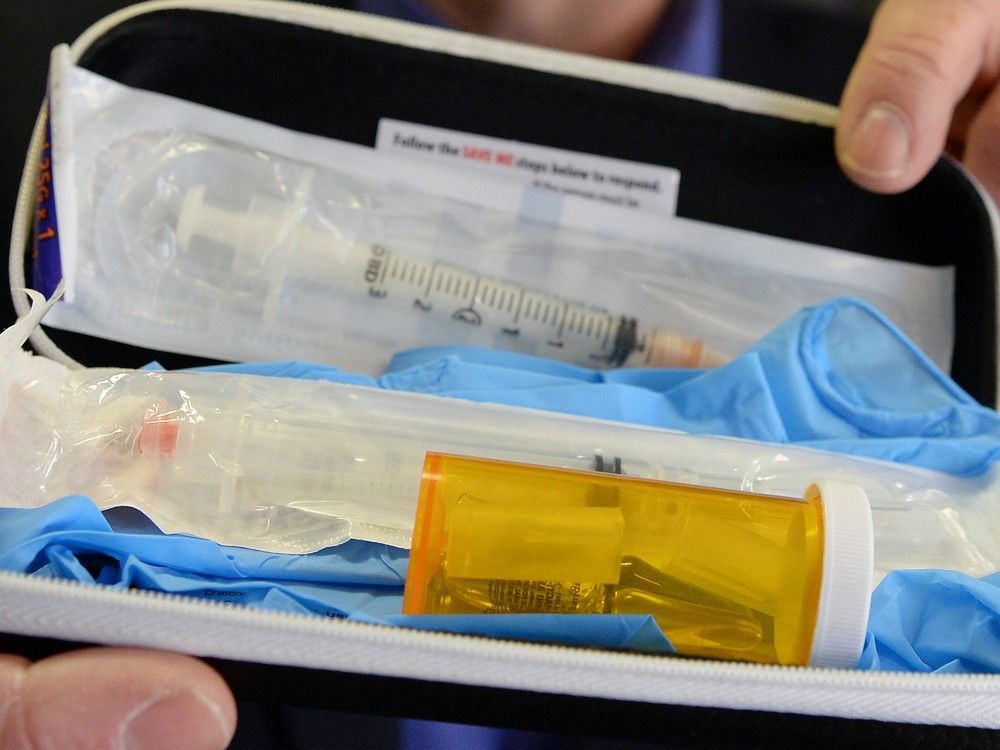
Both major political parties are being urged to cut the price of household solar batteries this election to slash electricity bills and reduce pressure on the national grid. or signup to continue reading Energy groups and academics call for bipartisan support for a national battery scheme, saying it could have as much impact as the solar rebate on Australia while also tackling disparities leaving some households behind. The call on Monday comes after pre-election energy announcements from both Labor and the coalition, and following a rumour that Labor would announce low-cost loans or subsidies to fund residential batteries.
Rooftop solar panels are installed on more than four million homes across Australia, according to government figures, but about 270,000 of those homes use batteries to store the energy they produce. Making residential batteries more affordable could serve two purposes, Solar Citizens chief executive Heidi Douglas said, by cutting energy bills and reducing demand on the grid. "Already, people with solar save $1200 a year but when you add batteries onto that it's the equivalent again because they're not using power in those peak demand periods when it's most expensive," she told AAP.

"It's a really good immediate fix but it also comes with long-term cost-of-living benefits." Residential solar batteries typically cost between $10,000 and $15,000 in addition to installation, and rebates and zero-interest loans are available for some households in some states and territories. Western Australia announced plans to launch a substantial rebate by July, for example, although the Queensland and South Australia governments have ended their battery rebate schemes.
Introducing a national battery program could address inequities, Ms Douglas said, and could especially benefit households in rural and regional areas that are high solar users. "Having a rebate federally will make as much difference to Australia as having a rooftop solar rebate has made," she said. "We need bipartisan support for cost-of-living initiatives that secure our energy grid and create energy independence and that should be a non-partisan issue.
" Pairing solar systems with batteries could also reduce the need for new energy infrastructure such as transmission lines, Swinburne University energy expert Mehdi Seyedmahmoudian said, and could make a lasting impact on the electricity network. "Energy rebates for bills can be helpful but it's kind of a painkiller: it doesn't solve the long-term issues," Prof Seyedmahmoudian said. "If done right, this could be one of the most meaningful steps towards a cleaner more resilient energy system.
" Labor has been tipped to announce a household battery program during the election campaign, according to reports in Nine newspapers, and the Greens have announced plans for grants up to $5000 and low-interest loans up to $10,000 for residential batteries. STATE AND TERRITORY HOUSEHOLD BATTERY SCHEMES Western Australia: 20,000 households will be offered residential battery rebates of up to $7500, depending on their energy provider, in addition to interest-free loans of $10,000 when the latest program launches by July 2025 NSW: Households with solar panels installed can apply for rebates of between $1600 and $2400 under the state government's Peak Demand Reduction Scheme Victoria: The state's battery rebate scheme has been replaced by interest-free loans of up to $8800 for properties valued at under $3 million and households with a taxable income of less than $210,000 a year ACT: Interest-free loans from $2000 to $15,000 are available for energy-efficient upgrades, including residential batteries NT: Households can apply for grants of up to $12,000 to install a residential battery, with prices depending on capacity Tasmania: Interest-free loans ranging from $500 to $10,000 are available to cover the cost of a battery storage system under the state's Energy Saver Loan scheme. Advertisement Sign up for our newsletter to stay up to date.
We care about the protection of your data. Read our . Advertisement.















